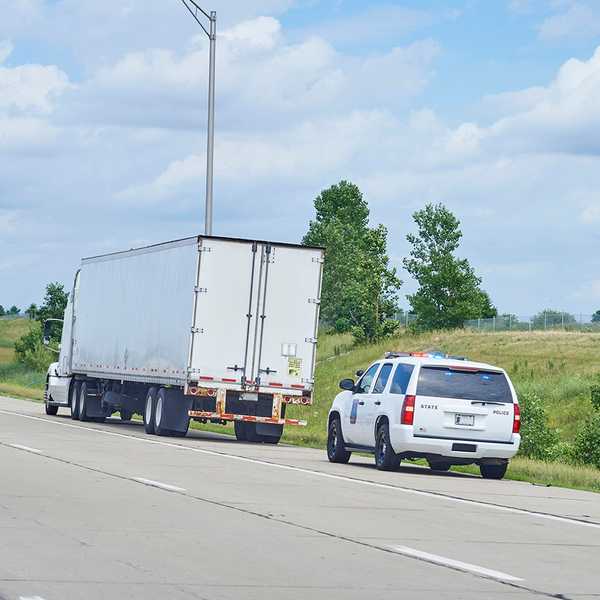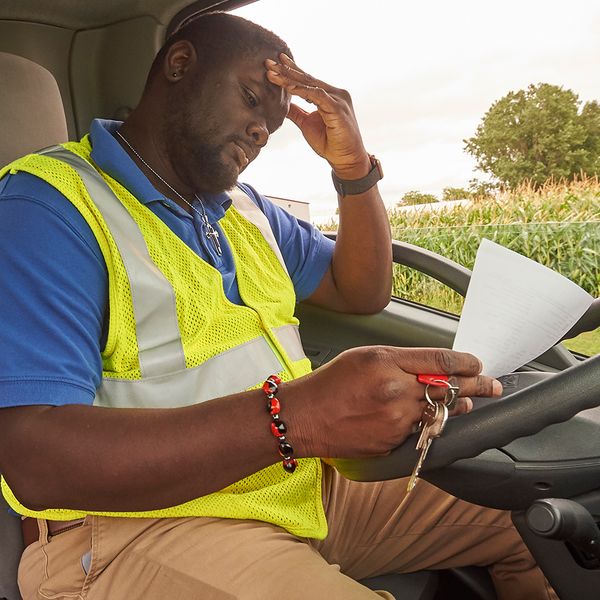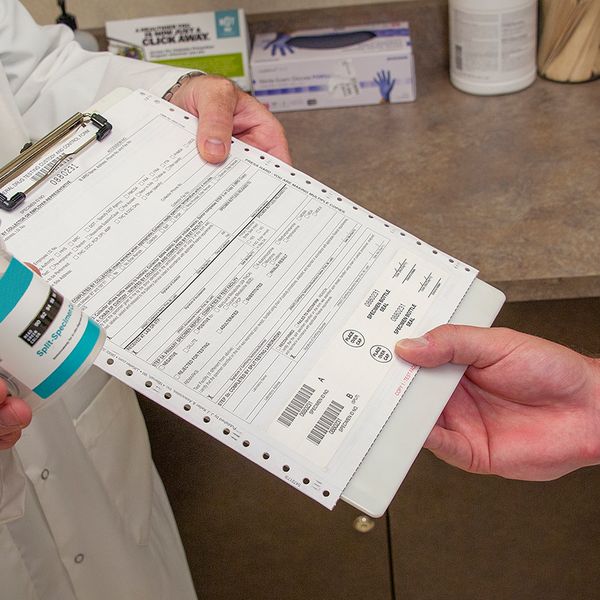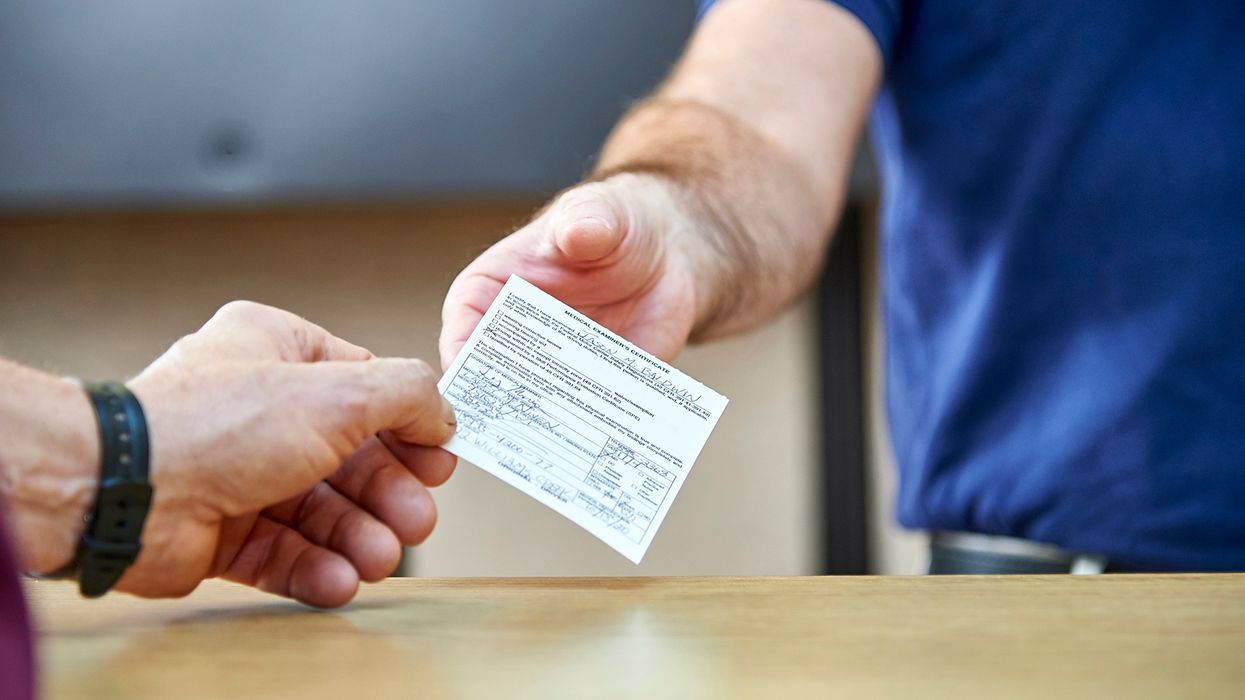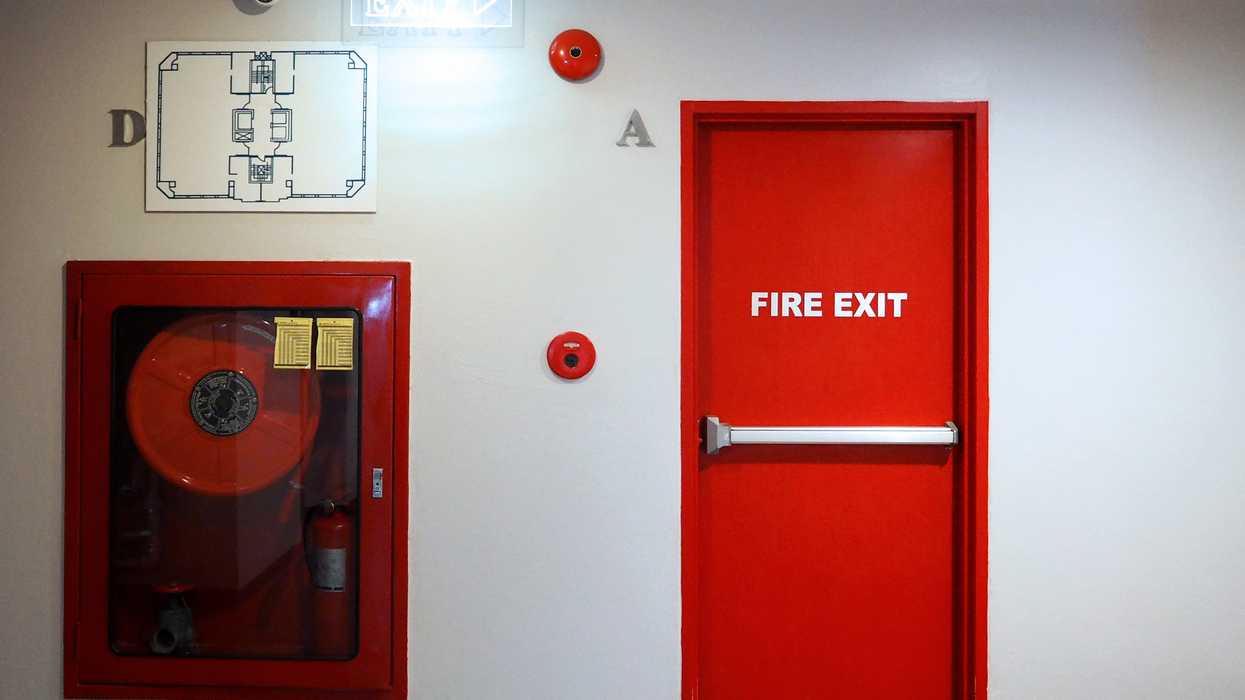One year until drivers lose their CDLs for drug violations
Less than a year remains until the next compliance deadline in the DOT’s Drug & Alcohol Clearinghouse rules.
On November 18, 2024, states must begin removing commercial driving privileges from any driver listed as “prohibited” in the Clearinghouse due to an unresolved drug or alcohol testing violation. Affected drivers will need to complete the return-to-duty process to have their privileges restored.
Currently allowed but not required
Right now, states are allowed but not required to check the Clearinghouse before issuing, renewing, or upgrading a commercial driver’s license (CDL) or commercial learner’s permit (CLP). Starting November 18, it becomes mandatory.
Note that states do not need special permission from drivers to check the Clearinghouse. By simply applying for a CDL or CLP, drivers grant their consent for the state to run a Clearinghouse query.
States have 60 days to act
Starting November 18, if a state learns that a CDL or CLP holder is prohibited from driving, the licensing agency will have 60 days to downgrade the driver’s license or permit, meaning the driver will lose the CDL or CLP privilege from the license.
If the state receives notice from the FMCSA that a driver is no longer prohibited, the state is required to make the driver eligible for reinstatement (if allowed under state law), but there’s no specific deadline for doing so.
Know what’s allowed!
If an employee is listed as “prohibited” in the Clearinghouse, do you know what they’re prohibited from doing?
First and foremost, prohibited drivers are not allowed to drive any type of vehicle that requires a CDL — in either interstate or intrastate commerce — nor perform any “safety-sensitive functions” as defined in 49 CFR 382.107 (see 382.501).
In addition, such drivers are prohibited from driving any commercial motor vehicle (CMV) over 10,000 pounds in interstate commerce, even those that do not require a CDL (see 392.15). This is based on the CMV definition in 390.5. If a prohibited driver voluntarily surrenders their CDL, however, the FMCSA would allow the driver to operate a non-CDL-class CMV in interstate commerce as long as the driver is properly licensed.
What about driving a non-CDL-class CMV in intrastate commerce (within a single state)? The answer depends on what the state allows, since the FMCSA does not have jurisdiction over those drivers.
Getting back to work
To return to duty, drivers must undergo treatment prescribed by a substance abuse professional and pass a return-to-duty test. If their license has been downgraded, they’ll need to take the additional step of applying for reinstatement.
Key to remember: In less than one year, drivers listed as “prohibited” in the Drug & Alcohol Clearinghouse will have their licenses downgraded if they don’t take action to get the prohibited status removed.





